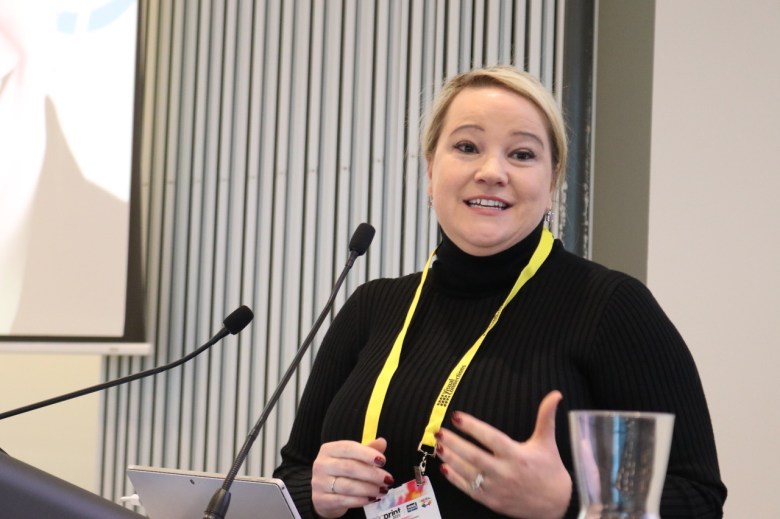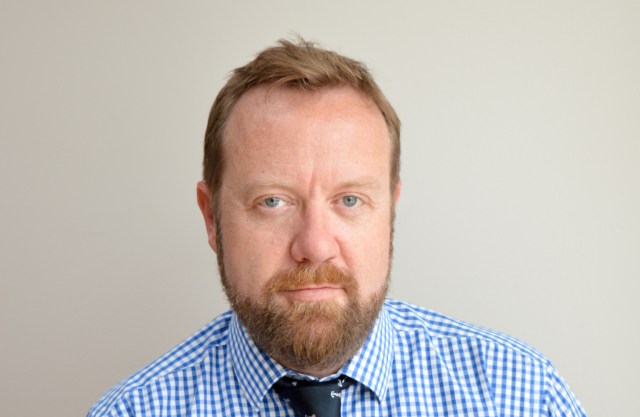
The newly merged print association – made up of the Print & Visual Communication Association and The Real Media Collective – has welcomed key announcements at the recent Jobs and Skills Summit but is concerned about funding for Vocational Education and Training (VET) and the removal of print apprenticeships from a skills priority list.
In all 36 immediate initiatives were defined at the Jobs and Skills Summit, which brought government, employer groups, unions and the broader community together to find a way to solve Australia’s workforce issues.
Leading the charge was the announcement that the state and federal governments would spend an additional $1 billion funding to create 180,000 new fee-free TAFE places in 2023. Another key announcement was an increase to the permanent Migration Program ceiling to 195,000 in 2022-23 to help ease critical workforce shortages.
Kellie Northwood, the CEO of the new merged print association, welcomed the commitments, particularly the plan to increase migration rates.
“We absolutely welcome the increase in migrants coming into the country as we have a massive skills shortage,” Northwood told Sprinter.
Equally as critical is the training shortage and the low rate of apprentices that are looking at the print industry as an option.
This has been further hindered by the removal of five key print apprenticeships from the Australian Apprentice Priority List, a decision made in May this year without consultation by the soon-to-be disbanded National Skills Commission, which means these apprenticeships cannot access funding support.
On July 27, Jobs and Skills Minister Brendan O’Connor introduced legislation to establish a new independent body, Jobs and Skills Australia. This new body will work with state and territory governments, industry, employers, unions and training providers “to ensure a shared understanding of the key issues facing Australia’s labour market” and build on the work done by the National Skills Commission.
This will include examining the VET system to make sure the training opportunities are there to access job opportunities in the future.
Also at issue for the print sector is a chronic underfunding of the TAFE and private training provider system as more and more courses cease to be taught in certain states and territories.
“We don’t have enough apprentices coming through and we have an aging workforce. We don’t think the National Skills Commission has done its job properly. They have struck off print apprenticeships without consultation and now together with the union and the LIA we have put in submissions criticising that process,” Northwood said.
“We are still working with Minister O’Connor in that regard. The Minister is also disbanding a lot of those former councils and bureaucratic processes that don’t get the information from industry, they don’t consult with industry – they consult with consultants or consultancy firms – and that is not the reality.
“The very first thing we need to do is present ourselves with really strong arguments and metrics and then we have a compelling case. You have to turn up with that compelling case and as an industry we need to do that better.”

Charles Watson, the General Manager of IR, Policy and Governance at the TRMC/PVCA, welcomed the fee-free places but pointed to serious concerns around the funding support TAFE and private operators receive to run the courses.
“Realistically it is only 60,000 more spaces then what they have already spoken about. That is great but my main concern, and the industry’s main concern on the apprenticeship side of things, is making sure that providers in each state and territory are funded.
“It is well and good having 180,000 fee-free places but you’ve got to get people to take those up. Some states and territories have greatly reduced their course offering. The VET sector has been taking a hit for years and it is great that the state and federal government are funding these fee-free places but they have also got to look at the funding of TAFE and the private providers to have some quality training and the courses available.
“Certain states don’t offer certain courses anymore or they have outsourced to private providers which is good but they are not funding those private providers to do certain courses across our apprenticeships and other industries.
“It is a nice announcement but will it translate into uptake? That remains to be seen.”
Comment below to have your say on this story.
If you have a news story or tip-off, get in touch at editorial@sprinter.com.au.
Sign up to the Sprinter newsletter
